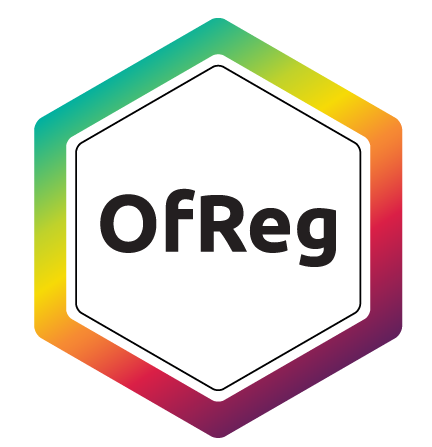Cayman: OFREG approves new Residential and Commercial Demand Rates
OfReg Approves New Residential and Commercial Demand Rates, Giving Consumers Greater Choices and Promoting Renewable Energy.

The Utility Regulation and Competition Office (‘OfReg’) has approved new demand rates for residential and commercial consumers with Distributed Energy Resources (DER).
Demand Rates
Customers can continue to consume and buy energy the way they have historically done, or they can switch to renewable energy production and reduce their load on the grid while reducing the island’s dependence on fossil fuel. Consumers who are able to reduce their peak demand can be rewarded by seeing decreases in their CUC bills as the new rate structure provides incentive for energy efficiency and conservation which is in the economic interest of all consumers island wide. Residential and Commercial customers interested in generating for self-supply will be able to subscribe to CUC demand rates.
Customers who wish to install renewable energy systems in their homes or businesses will be able to participate in the demand rates programme, known as the Distributed Energy Resources (DER) programme, where the rates for any excess renewable energy exported to the grid are market driven. Consumers can also install batteries for energy storage. Any excess energy that customers do not use for self-supply can be resold to the grid more competitively and without cross-subsidisation, thereby keeping electricity rates as low as reasonably possible for all consumers.
The Distributed Energy Resource (‘DER’) programme was introduced in January 2018. It allows customers to consume electricity generated by their own renewable energy system, without the need of a subsidised net-billing arrangement, which provides for the continued growth and participation of customers in the renewable energy sector in a more economically sustainable manner than its sister CORE programme.
“The new rates are initially revenue neutral for CUC, and residential customers will see potential savings on their bills. – “As more people move to renewable energy generation via DER and practice better demand management, Grand Cayman’s overall fuel consumption reduces, which helps to reduce the price of electricity for everyone while continuing to lower the islands’ carbon footprint”. – Gregg Anderson, Executive Director of Energy & Utilities at OfReg.
“Distributed Energy Resources (DER) will continue to play a significant role in the Cayman Islands energy future.’ The newly approved demand rates can send appropriate price signals to incentivise customers to act in ways that benefit themselves, as well as provide value to the electricity grid as a whole. One of the responsibilities of the regulator is to ensure fair and equitable allocation of costs. The implementation of demand rates and DER programme, helps to achieve this goal.” – Malike Cummings, CEO at OfReg.
Information on the DER programme and demand rates will soon be available on the CUC website. For more information on the sectors that OfReg regulates, please visit ofreg.ky.
ABOUT OFREG
The Utility Regulation and Competition Office (‘OfReg’ or the ‘Office’) is the independent regulator established by section 4 of the Utility Regulation and Competition Law (as revised) (the ‘URC Law’) for the electricity, information, and communications technology, water, wastewater, and fuel sectors in the Cayman Islands.
OfReg provides the opportunity for consistency and collaboration in regulation across the energy, fuel, ICT, and water sectors; better utilisation of skills and resources resulting in more efficient and effective regulatory processes; encouraging competition where appropriate and feasible; championing sustainability and innovation across markets, contributing to the economic and social goals of the Cayman Islands.





